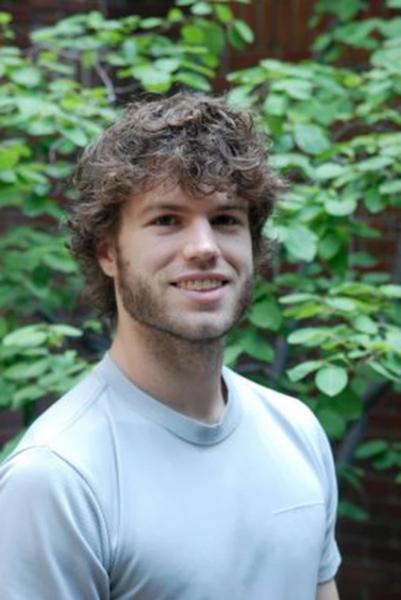Informing economic complexity with ecological complexity: Studying sustainable fisheries with complex food webs
Paul Glaum, Post-Doctoral Fellow, EEB, MICDE, University of Michigan
The FAO has warned that fishing rates have reached ecologically unsustainable levels. The risk posed by high fishing rates will increase as economic demand and per-capita fish consumption continue to rise. Considering both these ecological and economic realities is essential to developing long-term sustainable fishing strategies. By incorporating the dynamics of fishing effort into complex, realistic network models of fishery ecosystems, our research can more concretely ask: 1) How does food web structure drive the effect of fisheries on food webs and 2) How do different economic models affect the sustainability of fisheries?
While we find that the initial direct effects on the biomass of the extracted species correlates with the level of fishing effort, the longer term effects on overall food-web structure and community biomass depend upon the identity and connectivity of the species harvested. Intuitively, the structural properties of the food-web itself feed back into the effects of different extraction rates. The additional complexity of variable fishing effort through different economic strategies makes clear the need to consider how to measure sustainability in transient oscillating systems when many traditional economic models concentrate on dynamic equilibrium.
While we find that the initial direct effects on the biomass of the extracted species correlates with the level of fishing effort, the longer term effects on overall food-web structure and community biomass depend upon the identity and connectivity of the species harvested. Intuitively, the structural properties of the food-web itself feed back into the effects of different extraction rates. The additional complexity of variable fishing effort through different economic strategies makes clear the need to consider how to measure sustainability in transient oscillating systems when many traditional economic models concentrate on dynamic equilibrium.
| Building: | Weiser Hall |
|---|---|
| Website: | |
| Event Type: | Workshop / Seminar |
| Tags: | Biology, Biosciences, Complex Systems, Natural Sciences, research, seminar |
| Source: | Happening @ Michigan from The Center for the Study of Complex Systems, Ecology and Evolutionary Biology |


